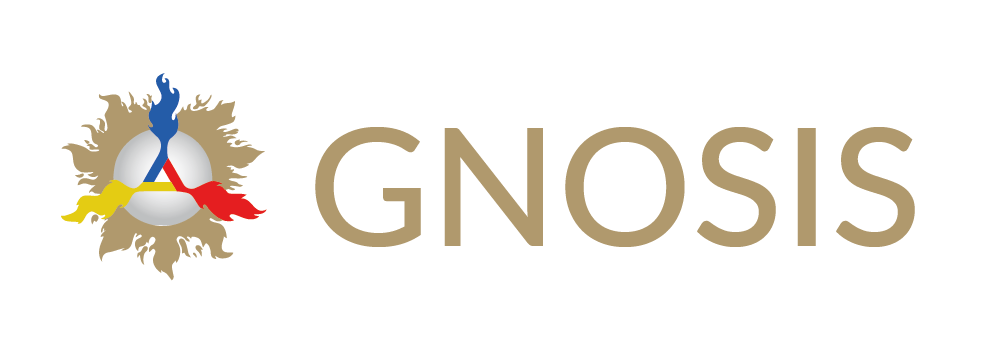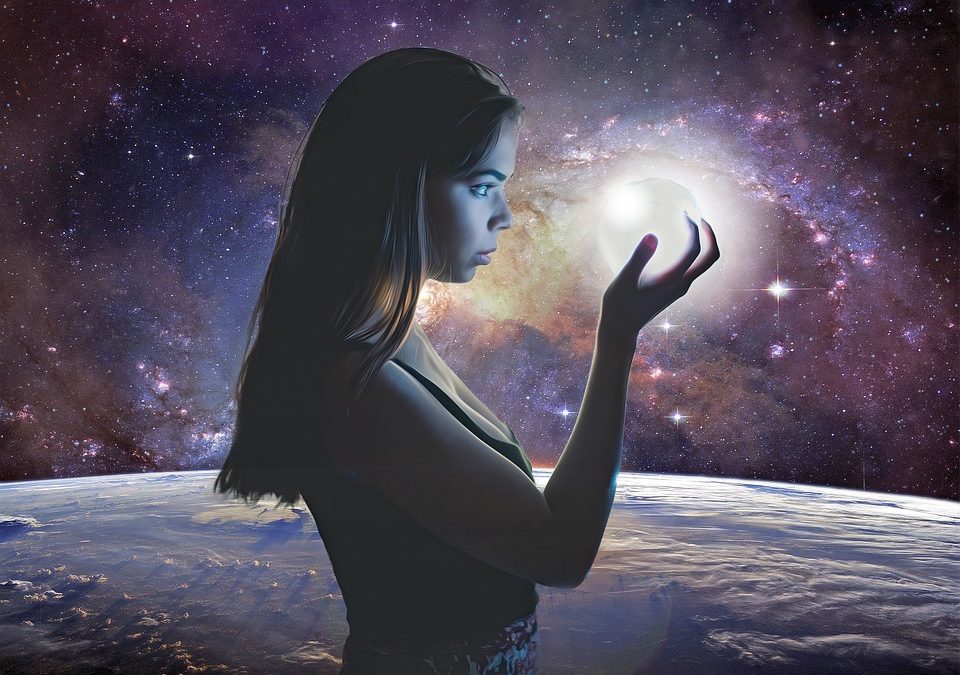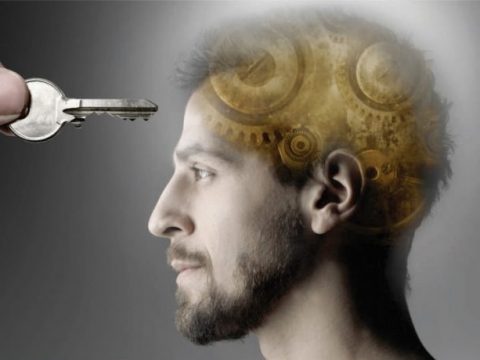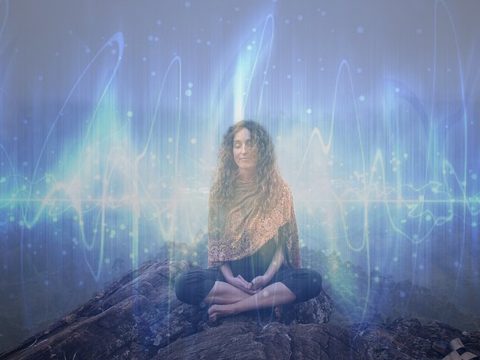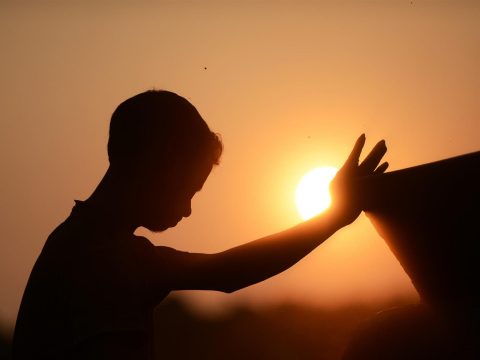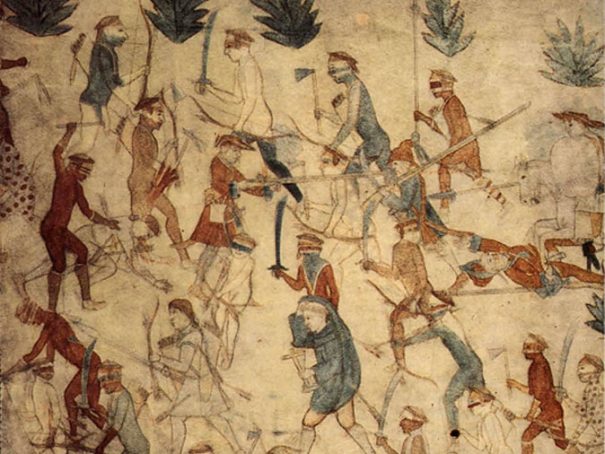
Anthropology
17 December, 2018The Internal Revolution
He, who always wanders in the same situations, seeking to please his wishes again and again, is he free? Is he free, who has fears and insecurities? What about the vicious person? What about that individual who is unable to master an attack of anger? Is he a free Being?
All of them, all of us, have the faculty of freedom. Every day we are not deprived of choosing what we want. We have, then, free will. But is this synonymous with being free individuals?
Our chains are internal. There is nothing external that can bind us, if in our interior it does not have its analogy, its correspondence then nothing happens. Nothing happens to an insulter if, within us, no response is generated before his attack. All our decisions, all our creations, all our actions … begin inside. There, in that vast and enigmatic world of ours.
That internal and personal universe of which, practically, we know nothing, and, however important it is. If all external manifestations come from it, what is the world that we see other than a result of that which we do not see? from the one we feel, the one who takes us, from one place to another, from one circumstance to another, without knowing how or why … just obeying.
Are we owners of our own life? Are we owners, with will and firm purpose, of the direction that our existence takes? Or will it be that the winds from the outside have turned us into voluble creatures that react to every stimulus without true control?
A simple question can answer this question: Are we able to stop thinking at any time we want? The answer is negative. We do not possess dominion over ourselves. We are not the owners and lords of this inhabited house. We have it, nothing else, with the freedom to decide the best or the worst for ourselves. We are influenced by unknown forces, our judgment is conditioned; we are not free or objective in our decisions.
To do this, to become one, the revolution is needed.
Revolution is rebellion, rising against an established order, against a form that has been imposed on something or someone.
Why look abroad for those conflicts and forms against which to rebel, if the origin of all of them lies in that inner world from which we do not know everything? That world in which we are blind, wandering around aimlessly with good intentions, That world that needs a revolution that provides the liberation of all those ties that our customs, our own established order, have generated in our existence throughout time and circumstances.
All the systems that bind us to our insecurities, unbridled desires, vagueness, defects and suffering do not come from outside, but from our own internal world. What we see outside is only the manifestation of what exists within all of us, within each and every one. Who makes up this broken world but us?
Who, with their existence, creates that the world as a better or worse place?
Only we can free ourselves from our own chains. Nobody can do it by oneself. But for this it is necessary to know, first, that we are being chained … and that we are the owners of the key that opens every lock.
If the individual is free internally, then there will be no prison that can take his freedom.
